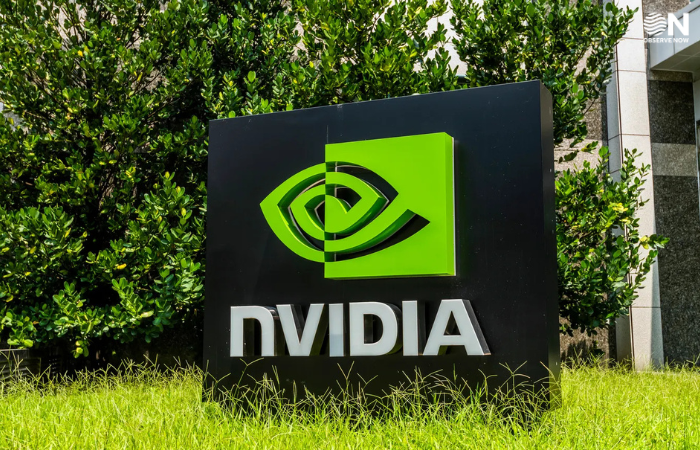Jasleen Khurana is appointed as the Director of Operations at Scry AI
Scry AI, a global provider of AI-driven enterprise solutions, has announced the promotion of Jasleen Khurana to the role of Director of Operations, India & Head of HR. This advancement marks a significant milestone in Khurana’s career, reflecting her dedication and contributions over more than nine years with the organization.
Khurana joined Scry AI in January 2016 as Head of HR and Administration. In this capacity, she has been instrumental in managing a comprehensive range of human resource functions, including talent acquisition, employee engagement, performance management, learning and development, and compliance. Her efforts have been pivotal in aligning HR initiatives with the company’s strategic objectives, fostering a people-centric culture within the organization.
With a total professional experience exceeding 14 years, Khurana’s career encompasses roles at notable organizations such as Genpact, TUI Travel, and Nielsen. Her academic background includes an MBA in HR and IT from Guru Gobind Singh Indraprastha University, equipping her with a robust foundation in both human resources and information technology. Beyond her corporate responsibilities, Khurana is actively engaged in community initiatives. She serves as an organizer for “Stories That Matter,” a non-profit platform that facilitates creative expression through virtual events, local meet-ups, and open-mic sessions for authors, storytellers, and enthusiasts. Her involvement in such initiatives underscores her commitment to fostering inclusive and empathetic environments both within and outside the workplace.
In her new role, Khurana will oversee Scry AI’s operations in India, in addition to continuing her leadership of the HR function. Her expanded responsibilities will encompass strategic planning, operational efficiency, and the cultivation of a workplace culture that prioritizes employee well-being and development.
Khurana’s promotion reflects the organization’s recognition of her leadership capabilities and her significant contributions to its growth and culture. As she steps into this expanded role, stakeholders anticipate continued advancements in operational excellence and human resource development under her guidance.


























